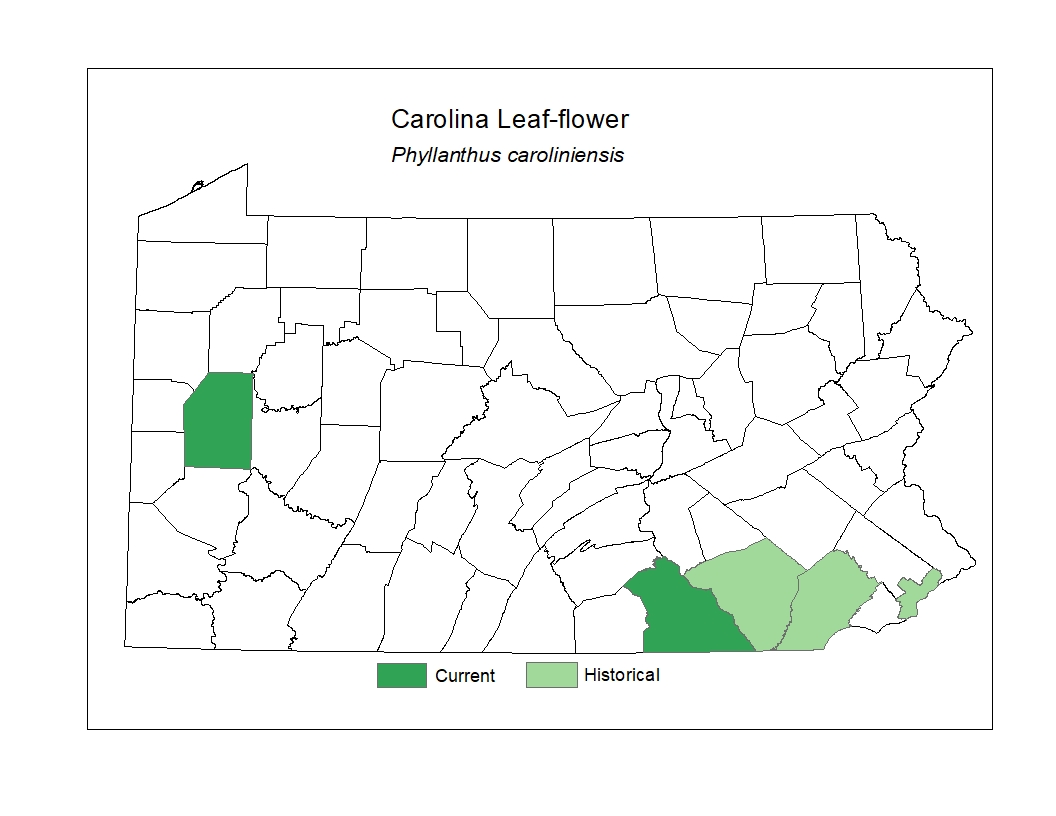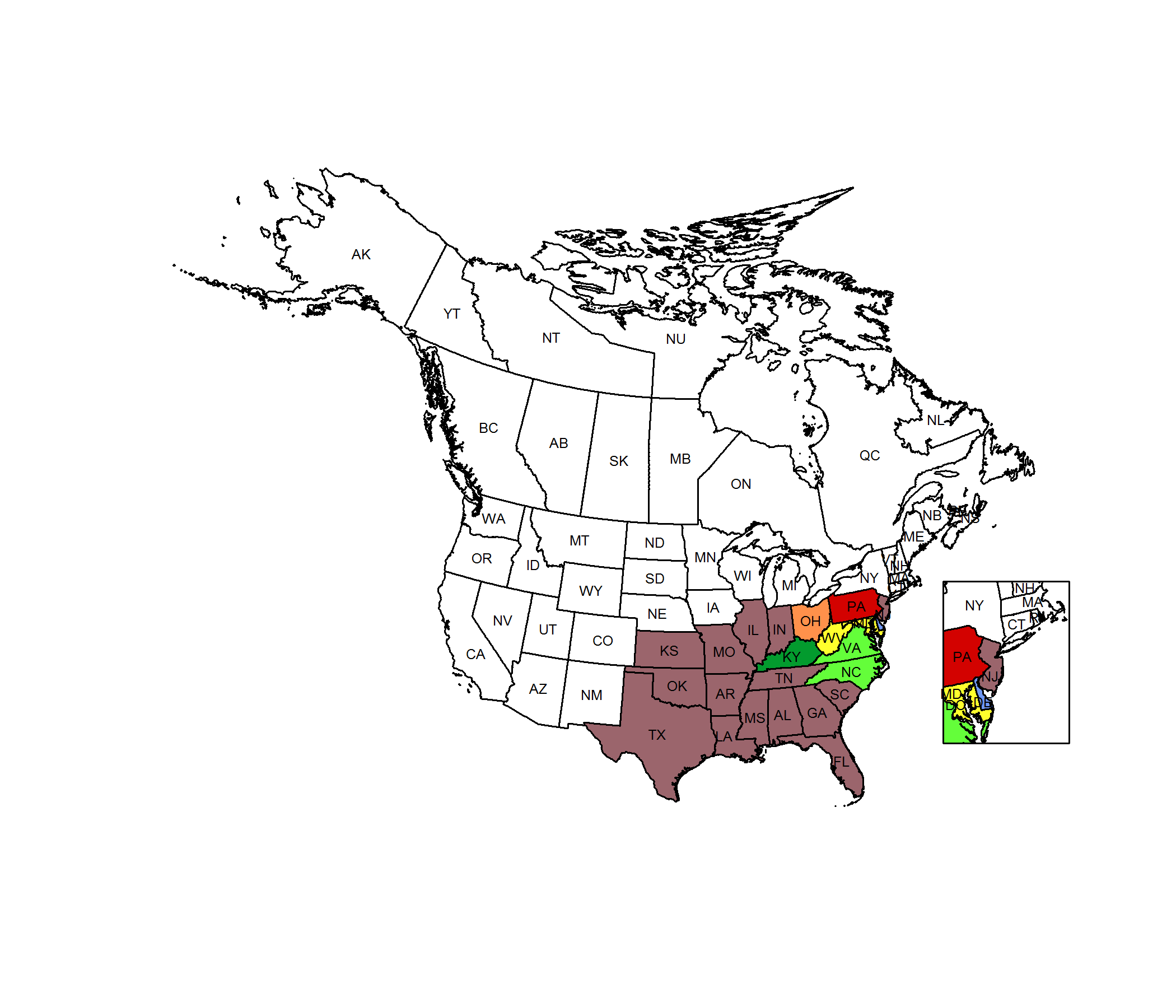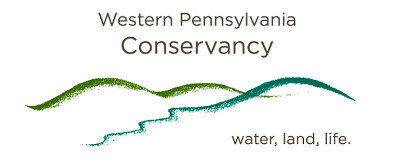 Species Factsheets
Species Factsheets
Phyllanthus caroliniensis
Carolina Leaf-flower
State Status: Pennsylvania Endangered (PE)
PBS Status: Pennsylvania Endangered (PE)
Federal Status:
Global Rank: G5
![]() rank interpretation
rank interpretation
State Rank: S1
Did You Know?
This species flowers and produces fruit continuously from May through November.
Description
Carolina leaf-flower (Phyllanthus caroliniensis) is an erect, sometimes branched, annual herb that may grow to 60cm in height, but is often much shorter. The leaves are alternately arranged, stalkless, untoothed on the margin, oblong to elliptic in shape, and less than 2cm in length. The tiny flowers, appearing from July to September, occur in the axils of the upper leaves. The fruit is a dry capsule that is about one to two milimeters in thickness.
Rank Justification
Critically imperiled in the nation or state because of extreme rarity (often 5 or fewer occurrences) or because of some factor(s) such as very steep declines making it especially vulnerable to extirpation from the state.
PABS
The PA Biological Survey (PABS) considers Carolina leaf-flower to be a species of special concern, based on the few occurrences that have been recently confirmed and the wetland habitat. It has a PA legal rarity status and a PABS suggested rarity status of Endangered. Fewer than five populations, mostly along the lower Susquehanna River, are known from the state.
Habitat
It grows in various damp to wet open habitats, especially on the shorelines of rivers, streams, and ponds, and may also be found in human-created disturbances that simulate natural habitats.
Survey Dates
Flowers August - September
Distribution
In Pennsylvania, it represents a southerly species and has been documented historically in a few southeastern counties, particularly along the lower Susquehanna River.

Threats
Invasive species represent a threat to this species and its habitat.
Management
The viability of populations of Carolina leaf-flower and its habitat depends on maintaining the natural hydrology and natural condition of the shoreline and islands of the Susquehanna River. This species appears well-adapted to the seasonal fluctuations in water levels, especially the lower water levels of summer and fall when the plant is flowering and fruiting.
Conservation Status Map

NatureServe. 2017. NatureServe Explorer: An online encyclopedia of life [web application]. Version 7.1. NatureServe, Arlington, Virginia. Available https://explorer.natureserve.org.
https://bwwellsassociation.wordpress.com/2014/10/10/north-carolinas-leaf-flowers-phyllanthus-caroliniensis-and-phyllanthus-urinaria/
- NatureServe. 2018. NatureServe Explorer: An online encyclopedia of life [web application]. Version 7.1. NatureServe, Arlington, Virginia. Available at https://www.natureserve.org/explorer
- Pennsylvania Natural Heritage Program. 2018.
- Rhoads, A.F. and W.M. Klein, Jr. 1993. The Vascular Flora of Pennsylvania. American Philosophical Society, Philadelphia, Pennsylvania. Rhoads, A.F. and T.A. Block.
- 2007. The Plants of Pennsylvania: An Illustrated Manual. 2nd edition. University of Pennsylvania Press, Philadelphia, Pennsylvania.







